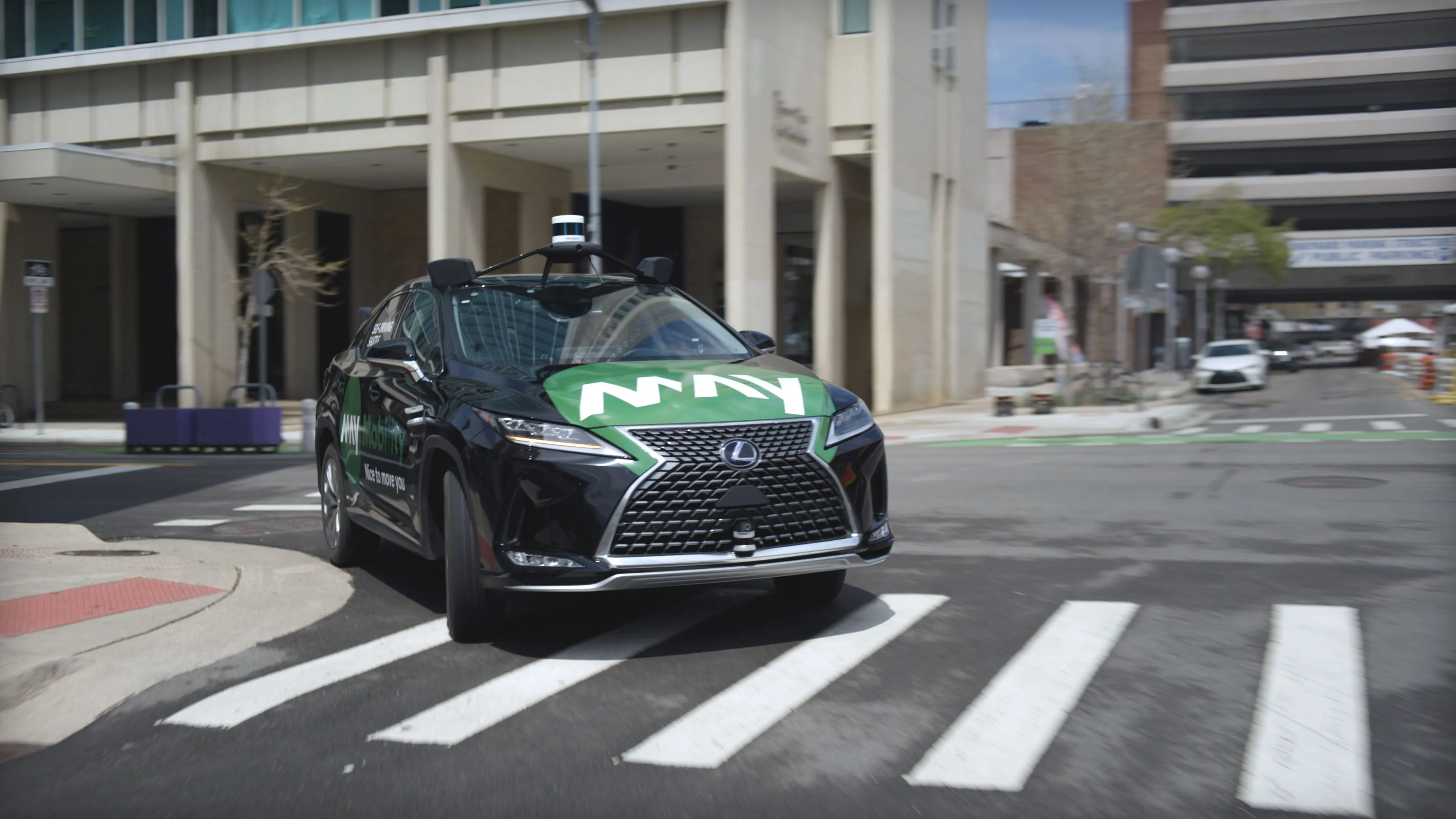New research by
Big data and digitisation will increase revenue and customer penetration while marketplaces and tyre eRetailers will challenge original equipment manufacturers (OEMs) and traditional retailers. Increasing competition will also step up investment from volume OEMs in mobility services to move towards a car-as-a-service model.
2017 Global Automotive Industry Outlook finds that new mobility strategies, autonomous vehicle development, advancement in connected car technologies and big data analytics will be some of the key trends influencing the automotive market in 2017.
“Digitisation will underpin automotive industry strategies, with OEMs establishing digital divisions and investing in developing Internet of Things (IoT) platforms that support connective living solutions,” says Frost & Sullivan mobility industry principal Shwetha Surender. “The growing digital ecosystem between automotive OEMs, software integrators, telecoms, and other companies will also bring new areas of competition, with revenue expected to grow to US$1.3 trillion in 2030 from electrification, smart mobility, connected cars, and autonomous vehicle development, among others.”
“As digitalisation increases in the industry, data security is vital,” notes Surender. “Companies will have to ensure strict compliance and fortified measures to prevent hacking. Cybersecurity adds to the overall security of the car, improves the brand image of an OEM, and allows more innovation, especially on the vehicle automation side.”
Companies to note in this rapidly expanding ecosystem include
Mobility, autonomous vehicles, connected cars and big data analytics ‘present growth opportunities in 2017’
New research by Frost & Sullivan indicates that e-mobility solutions, autonomous vehicle technology, and other digitisation advances are creating new and exciting opportunities in the automotive industry.
June 8, 2017
Read time: 2 mins








